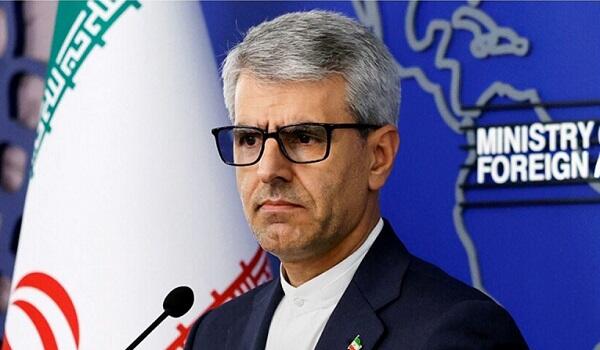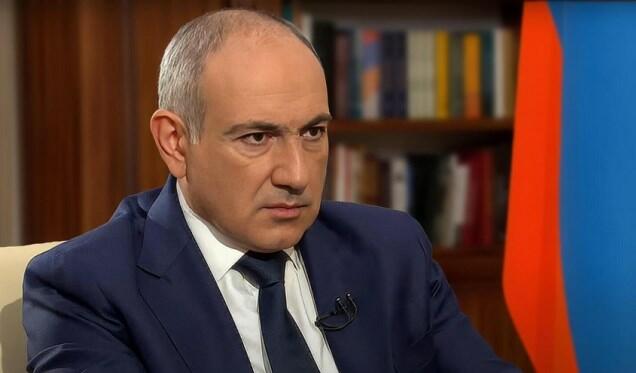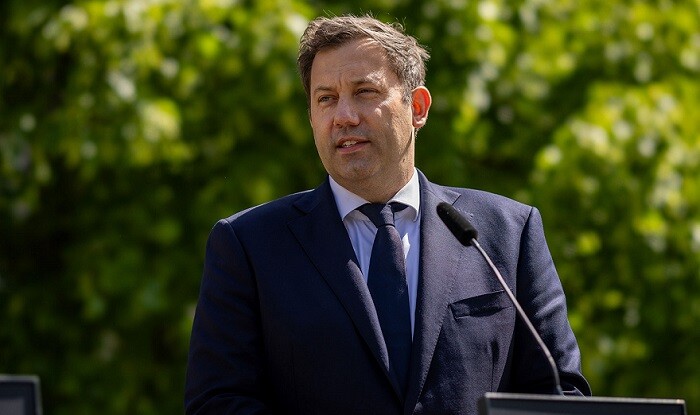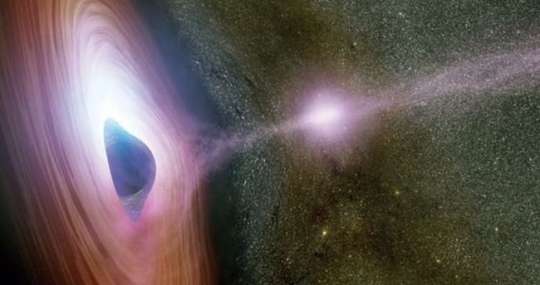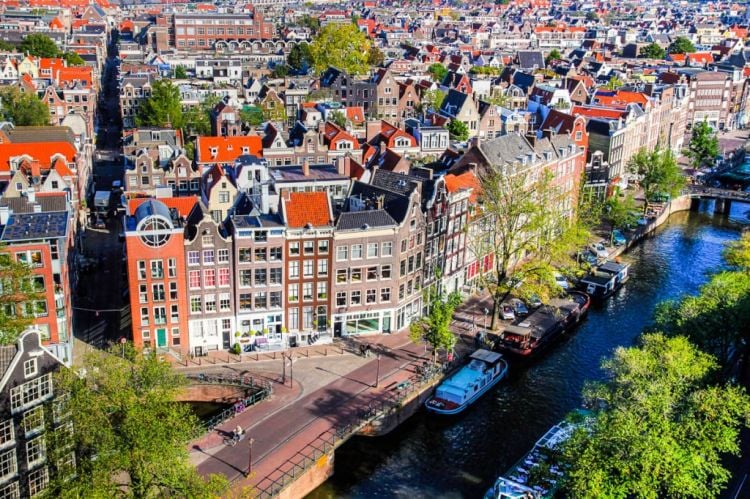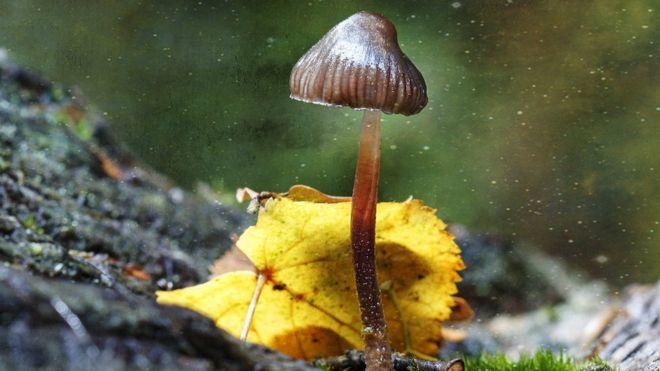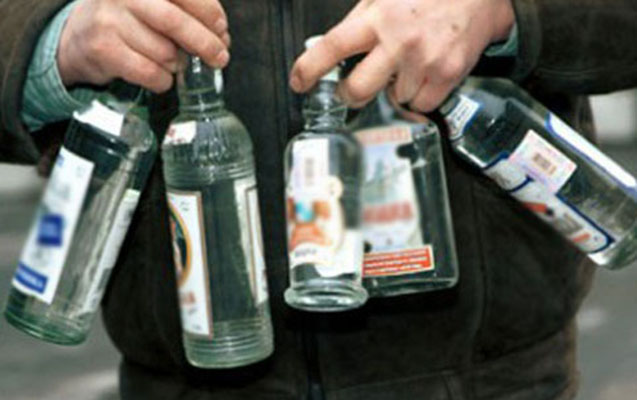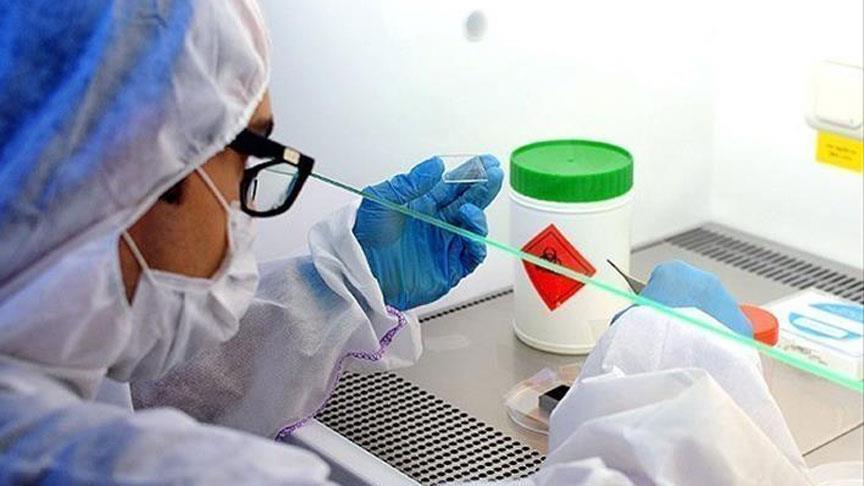Think of magic mushrooms and LSD and it's likely that science is not the first thing that springs to mind.
Axar.az informs citing BBC.
Psychedelic drugs are more likely to be associated with hippies and the counterculture of the 1960s than people in white lab coats and clinical trials.
But that might soon change.
Increasingly, scientists are looking at whether these mind-altering drugs - which also include mescaline and DMT among others - might also have the potential to be mind-healing.
A number of small studies have found psychedelics to show promise in treating mental health disorders like depression, addiction and post-traumatic stress disorder, often where other treatments have failed.
Now UK researchers are about to take part in the first major trials into whether one of these hallucinogenic drugs could be more effective than a leading antidepressant in the treatment of depression.
Researchers at Imperial College London are to compare the magic mushroom compound psilocybin with a leading SSRI (selective serotonin reuptake inhibitors) antidepressant, escitalopram, in a large trial expected to take at least two years.
"[Psychedelics] have a revolutionary potential, and that's not an exaggeration," says Dr Robin Carhart-Harris, who will lead the study.
But it is not the first time scientists have been excited about these mind-bending substances.
More than 50 years ago they rapidly came to scientific attention, before research in the field came to a sudden halt.
Rise and fall of psychedelics
But psychedelics are not without risks.
While psilocybin is not thought to be toxic for the body, bad trips can be frightening and can potentially cause people to come to harm because of a loss of control.
They can also exacerbate underlying mental health problems and may lead to psychotic reactions in people who are already predisposed to them.
There are also differences between using the drugs recreationally and in the safety of a scientific trial.
Scientists use pure, medical-grade drugs, offer guidance and support with the experience and exclude people at risk of a psychotic reaction.
And the studies so far have tended to be small and short, without placebo groups to account for the placebo effect.
Dr James Rucker, a clinical lecturer at the Institute of Psychiatry at King's College London, is due to begin trials to improve the evidence around whether psilocybin is safe.
It is an essential step if the drug is ever to be licensed and prescribed by doctors.
But even if the trials show psilocybin is safe and effective, Dr Rucker says it is likely to take a minimum of five years and probably longer before psilocybin could be licensed for use.
The process for getting drugs approved is notoriously slow, expensive and bureaucratic, he says.
'Strings to the bow'
So could psychedelics prove to be a breakthrough treatment, capable of transforming mental health?
Dr Carhart-Harris acknowledges that even if bigger trials confirm psychedelics are effective, they are not going to be for everyone.
"Some people won't want to go to the depths of their soul or face demons or traumas they've experienced, or dark aspects of the human condition that are there in all of us," he says.
Dr Rucker says no treatment in psychiatry is helpful for everyone.
"It's about strings to the bow, and it's about having a range of things you can offer," he says.
"This may be one of those things, but who knows? Let's see what the evidence says."







